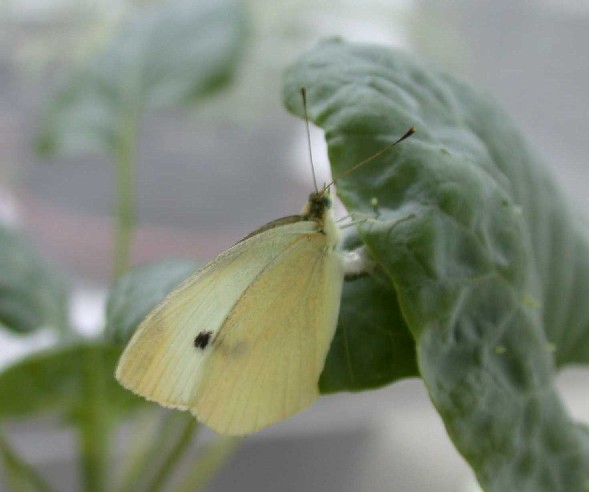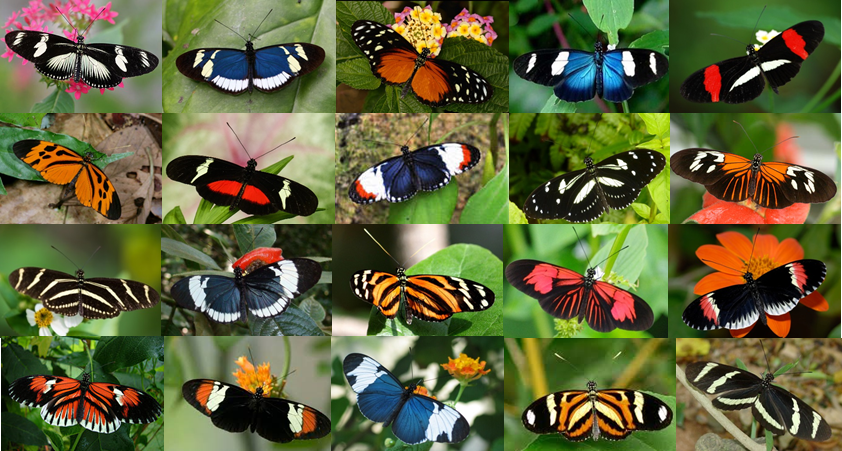Mini Symposium: Ute Wittstock, Chris Jiggins & Alex Jones
In connection with two PhD defences taking place on the same day, we are pleased to invite you to a mini symposium with 3 exciting talks.
9:00 Ute Wittstock, Professor, Technical University Braunschweig
9:45 Chris Jiggins, Professor, University of Cambridge
10:30 Alex Jones, Reader, University of Warwick
Ute Wittstock
A role of cyanide detoxification in Pierid host plant adaptation

Although Pieris rapae and related species Pierid species are specialized on glucosinolate-containing plants and generally do not encounter cyanogenic plants, they have to deal with cyanide released upon their own metabolism of certain glucosinolate-derived aromatic nitriles. Our studies of cyanide detoxification enzymes from a range of lepidopteran species support the hypothesis that glucosinolate-feeding Pierids have been under selection pressure to maintain a broad repertoire of cyanide detoxification enzymes.
Chris Jiggins
The genetic origins of diversity in brightly coloured tropical butterflies
 I study adaption and speciation in the Lepidoptera (butterflies and moths). In particular I am interested in studying how species converge due to mimicry, as a model for understanding the predictability of evolution, and the genetic and ecological causes of speciation. We approach this problem from a variety of perspectives ranging from the developmental biology of wing pattern specification, through genomic studies of adaptation and divergence, through to behavioural and ecological studies in the field. We have also led the development of genomics in the Lepidoptera and recently published the full genome sequence of Heliconius melpomene.
I study adaption and speciation in the Lepidoptera (butterflies and moths). In particular I am interested in studying how species converge due to mimicry, as a model for understanding the predictability of evolution, and the genetic and ecological causes of speciation. We approach this problem from a variety of perspectives ranging from the developmental biology of wing pattern specification, through genomic studies of adaptation and divergence, through to behavioural and ecological studies in the field. We have also led the development of genomics in the Lepidoptera and recently published the full genome sequence of Heliconius melpomene.
Alex Jones
Applications of Mass Spectrometry for Protein Characterisation
The use of mass spectrometry to identify and quantify proteins from biological samples has become a routine and mature technology. However, protein activity is often regulated by the formation of protein-protein complexes and by post translational modifications, which can be harder to characterise. I will discuss some examples of using mass spectrometry to identify modifications such as carbonylation and di-sulphide bonds, and the use of cross-linking reagents to map protein-protein interfaces. My group has also been working of refining affinity purification methods to isolate only active forms of small GTPases thus providing a measure of activation of Rho of Plants (ROPs) in Arabidopsis.
